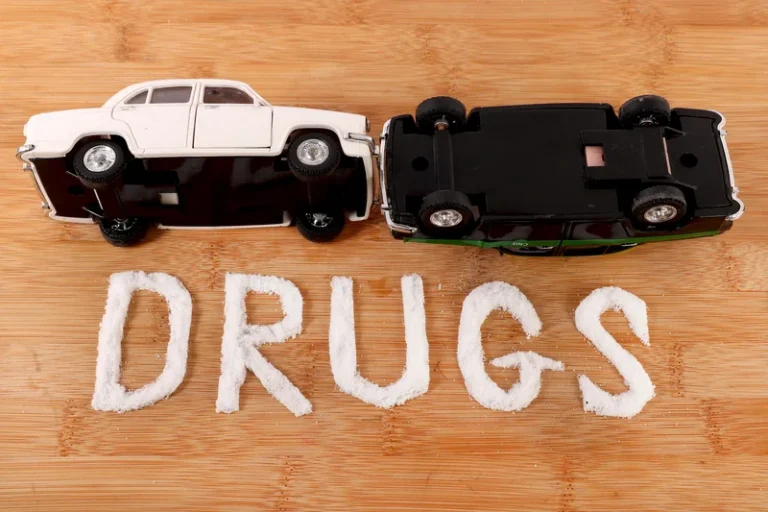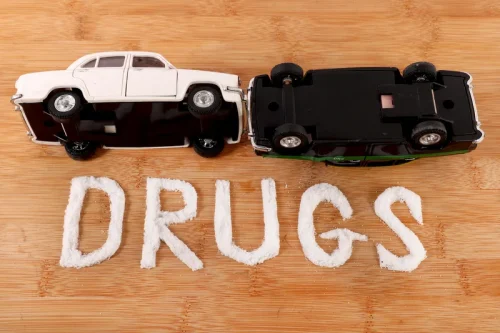
However, they may still decide that tapering down feels most achievable for them. If you’re not sure if cold turkey or tapering is right for you, you can join the Monument Community to hear from others who have confronted similar questions. Both body and mind rely on alcohol intake to function normally in alcohol use disorder. Some of the most severe withdrawal symptoms include delirium tremens and even seizures. These are less likely during tapering, but you may still have mild alcohol withdrawal symptoms. Alcohol Tapering is a method of decreasing alcohol intake slowly and in a manageable manner.
Samba Recovery never miss an opportunity
If you or a Sober living house loved one is suffering from an alcohol use disorder, it can feel like being trapped in a tunnel with no way out. Our admissions specialists will help you find the facility and treatment program best suited to the recovery needs of you or your loved one. Our knowledgeable and compassionate team is available 24/7 to help get you or someone you care about into treatment and answer any questions or concerns you might have. It can take between two to four days for the symptoms of delirium tremens to fully manifest, and at least another three days for them to run their course.
- This allows us to prescribe medications that make you comfortable as your body adjusts to life without alcohol.
- Substitution involves replacing alcoholic beverages with non-alcoholic ones.
- Depending on the amount and length of time someone drinks, they may experience symptoms when tapering.
- While tapering can mitigate the severity of alcohol withdrawal symptoms, people can still expect to experience them.
- In turn, you can suffer from increasingly severe withdrawal symptoms every time you try to stop drinking.
Key Considerations for Creating a Taper Schedule

If you are struggling to stop or cut down through alcohol tapering, this may be a sign to seek more help, Lee said. There are a variety of resources to explore, including 12-step programs such as Alcoholics Anonymous (AA) or SMART Recovery, Lee explained. Once your how to safely taper off alcohol taper is complete, discard or immediately give away any remaining alcohol in your house and try to avoid high-risk environments such as bars, liquor stores, casinos, etc. The hardest thing will probably be to stop yourself from starting again. I’ll be honest, your chances of staying sober on your own are slim to none. It doesn’t mean you have to go to rehab (though that’s certainly an option).
How to Rebuild Trust After Addiction
A well-structured alcohol tapering plan can help minimize discomfort and improve long-term success. Whether you’re considering a beer taper or a direct reduction, having the right support and guidance makes all the difference. Remember, tapering off alcohol is a highly individualized process, and what works for one person may not work for another. Patience, support, and professional assistance are the cornerstones of a successful alcohol tapering strategy.

A doctor can supervise your tapering progress, helping you manage your cravings and prevent relapse. Overall, getting professional help can improve your chances for long-term sobriety. A substitution taper refers to switching strong liquor for an alternative that contains less alcohol, like beer. Once you’ve changed to a less alcoholic option, you can gradually reduce your drink amount. Tapering can be an excellent way to prevent harmful withdrawal effects after ceasing alcohol intake. If you have a severe level of addiction or dependency, you may need a detox program.

Tapering, or weaning off, is an approach to detoxing from alcohol or other drugs that involves gradually reducing one’s consumption over a given length of time. Individuals can taper off alcohol alone, though it is generally safer and more effective to do so under the supervision of addiction professionals. For people with severe alcohol dependence, clinical evidence shows that tapering is a safer alternative to the “cold turkey” method, which involves quitting alcohol entirely all at once. It should not be used in place of the advice of your physician or other qualified healthcare provider. When it comes to overcoming alcohol addiction, safely weaning yourself off alcohol is an essential step towards recovery.
- They may have a mild-to-moderate substance use problem without being chemically dependent.
- As your body detoxifies and heals, you may experience increased energy levels and overall well-being.
- Because the effects of alcohol withdrawal can be unpredictable and dangerous, management typically involves a combination of medications, professional supervision, and therapeutic support.
- Inpatient or residential addiction treatment is an immersive treatment option that provides 24/7 care in a controlled, supportive environment.
Reduce Your Number of Drinks Per Day
- Maintain your profile by updating your photos, video links, treatment services, and contact details to ensure optimal visibility.
- Alcohol withdrawal syndrome refers to a wide range of physical and psychological events that occur when a person stops drinking alcohol.
- The support of family, friends and others in recovery is crucial during this adjustment period.
- ‘ from types, symptoms, impacts on health, to available help and resources.
Moreover, substituting one kind of beverage for another does not help you taper off alcohol if you consume the same number of standard drinks as you usually have. For example, one 12-ounce can of beer contains roughly the same amount of alcohol as a 5-ounce glass of wine or a mixed drink containing 1.5 ounces of alcohol. They depend on factors like drinking history, overall health, and support systems. Because tapering is not the recommended way to stop using alcohol, there is no recommended tapering schedule. If you plan to taper, you must create a schedule that is right for you.
You can give in to cravings at specific points throughout the day as long as you stick with your reduced intake. Fill out a quick form to connect with specialists and explore personalized paths to lasting recovery. Eating well and ensuring you are staying hydrated can stop dehydration and some of the nutrient deficiencies that come from prolonged alcohol use and withdrawal. Dr Lee explains that choosing a non-alcoholic beer or a caffeinated beverage can help provide a small buzz.
